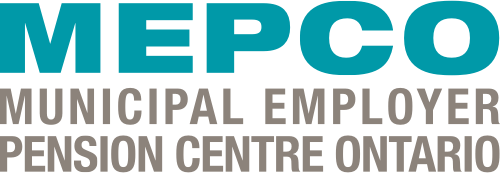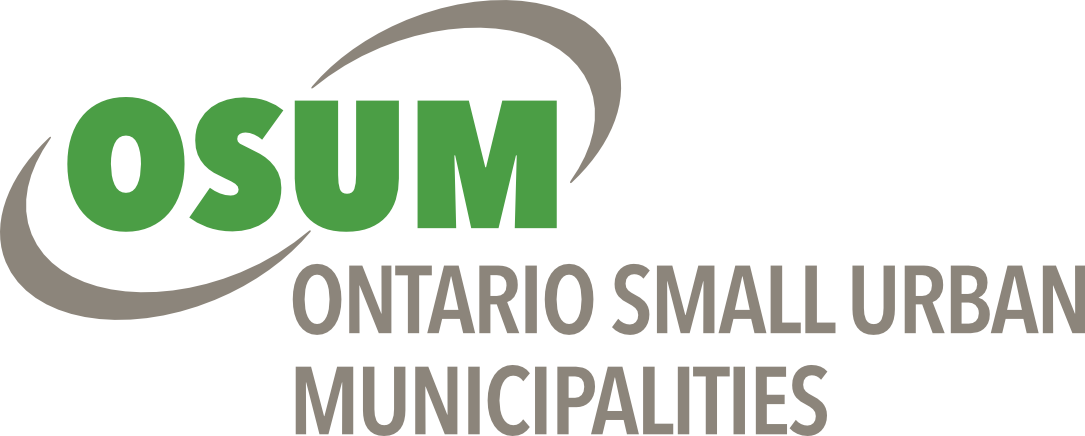October ROMA Board Highlights
|
ROMA October Board Meeting Highlights: ROMA report will strengthen advocacy on rural infrastructure funding |
|
|
The ROMA Board continues to refine health policy work |
|
|
ROMA proactively advocating on rural schools |
|
|
Mark your calendars for ROMA 2026 |
|
The 2026 ROMA Conference is happening Sunday, January 18 to Tuesday, January 20, 2026, at the Sheraton Centre Hotel in Toronto. Early bird conference registration is available until Friday, October 31 at 4 p.m. The request form for delegation meetings is now open. Access the form here. Don't forget to arrive in time for ROMA's zone meetings and lunch. Keynote speaker Chantal Hébert is back at this year's Conference by popular demand. Hébert will provide her keen perspectives on an eventful year and what lies ahead. |






